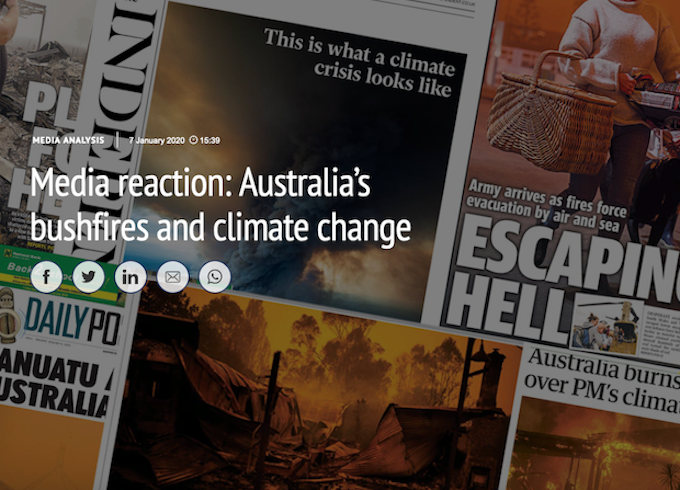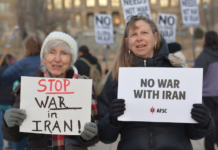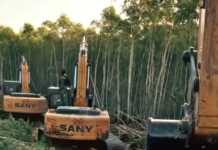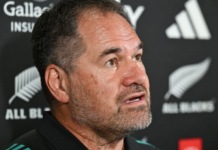
COMMENTARY: By Misha Ketchell, The Conversation
The bell has been rung, the shadow campaign is now official, and Australia heads to the polls on May 21. As the government enters caretaker mode, Australia enters a highly consequential period of democratic deliberation, but not for the reasons you might think.
It suits politicians — and many in the media — to portray a federal election as a grand job application process in which voters comprise the selection panel. But that’s really only half the story.
Political commentator Sean Kelly has written a convincing book on how Scott Morrison turned the 2019 election into a choice between him and the then Opposition Leader Bill Shorten.
Morrison won when Australians were more attracted to his persona than that of his opponent. Policy played a small part, notably when bold proposals on the Labor side became a lightening rod for fear.
This time around we are again likely to see a focus on leadership eclipse policy debate. Morrison enters this campaign behind in the polls and as an unusually unpopular prime minister, but with an unshakeable faith he can turn it around.
Labor knows Morrison is on the nose, and will be perfectly happy to cast the election to a referendum on their leader Anthony Albanese versus an unpopular PM.
If we let this happen it will be a poor outcome, no matter who wins. The great drawback of democracy is that while voters get to decide who forms government, we have little power to set the agenda.
Wasting a precious chance
Yet if we can’t have a proper policy debate during a campaign, we waste a precious chance to talk about the things that matter most to us.
The US journalism academic Jay Rosen takes a keen interest in Australian media. For for many years, he has been critical of Australian media’s over-reliance on polls and tendency to treat covering politics like calling a horse race.
Rosen says this means the media allows the politicians to decide what gets talked about. Important topics get neglected as the spin-doctors steer the discussion to narrow areas where they think their party might have an advantage.
With this in mind, The Conversation is determined to cover this election differently. We are going to talk about what what matters most to us — the policies that affect our lives and the future of the planet.
As a first step, we are going to set our own citizens’ policy agenda in collaboration with our readers. Please help us by filling out our #SetTheAgenda poll.
Once we know more about what you’d like to see on the agenda, we will report back on what you’ve said and tap into the deep expertise of the thousands of academic experts who write for The Conversation.
We will bring you coverage with a clear focus on the major problems we face as a society, and try to provide evidence-based solutions that the experts think could actually work.
Final ingredient
The final ingredient is the best coverage of the politics of the campaign from one of Australia’s most respected political correspondents, Michelle Grattan, backed up by the economic nous and insight of Peter Martin.
Michelle will be writing regularly throughout the campaign and you can subscribe to her politics podcast for in-depth interviews and informed commentary
We’re also bringing back the much-loved ABC radio presenter Jon Faine for Below the Line, an election podcast with political scientists Anika Gauja and Simon Jackman from the University of Sydney and La Trobe University’s Andrea Carson.
As always, we will do everything in our power to be evidence-led and non-partisan. In a media environment manipulated by vested interests and saturated with opinions, we are committed to covering issues chosen by you and hosting a genuine debate that focuses on the public interest.
Please take advantage of this opportunity to have your say and contribute to our efforts to ensure the democratic discussion is calm, compassionate, accountable and fair.![]()
Misha Ketchell is editor and and executive director, The Conversation. This article is republished from The Conversation under a Creative Commons licence. Read the original article.












































